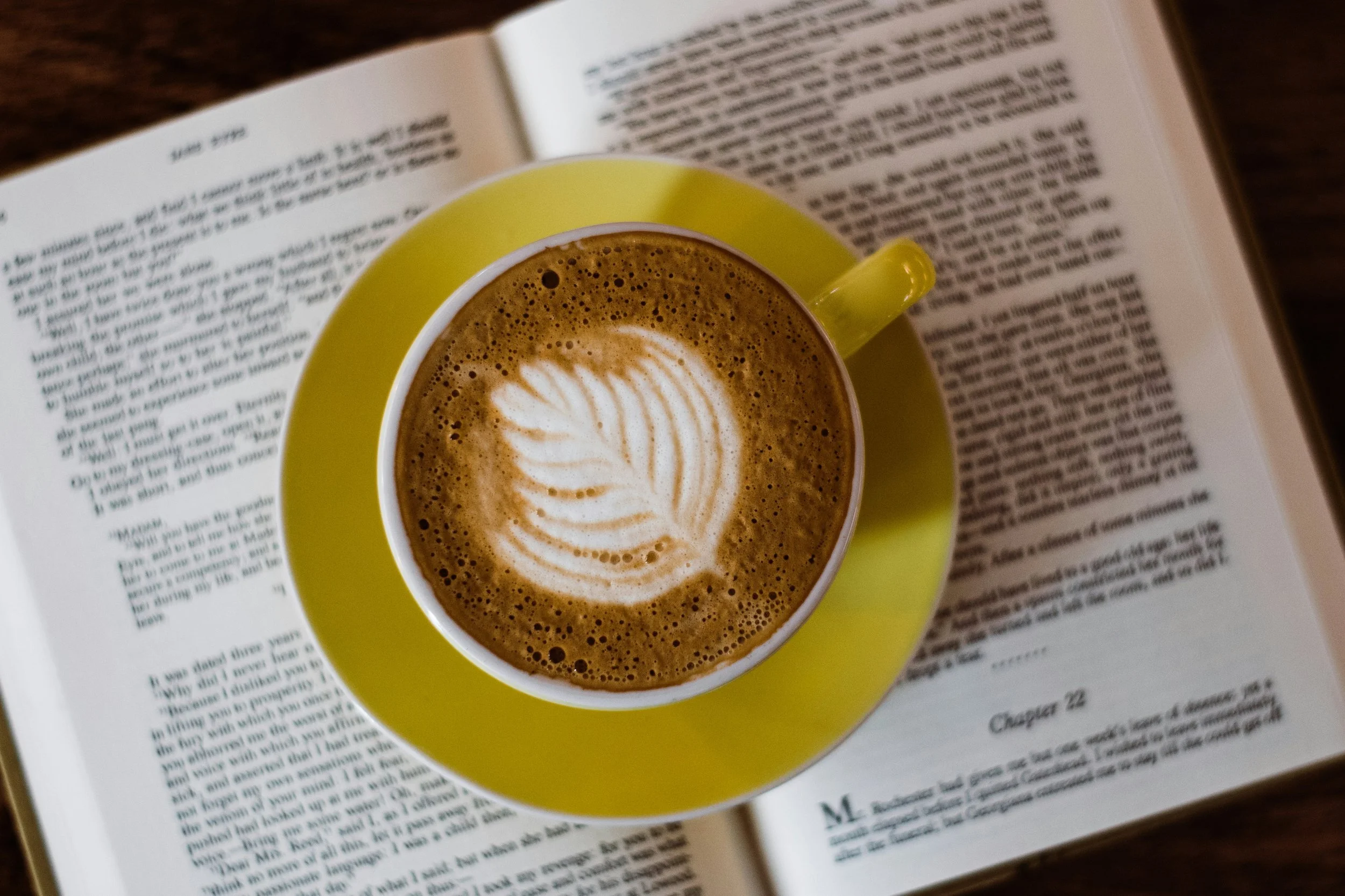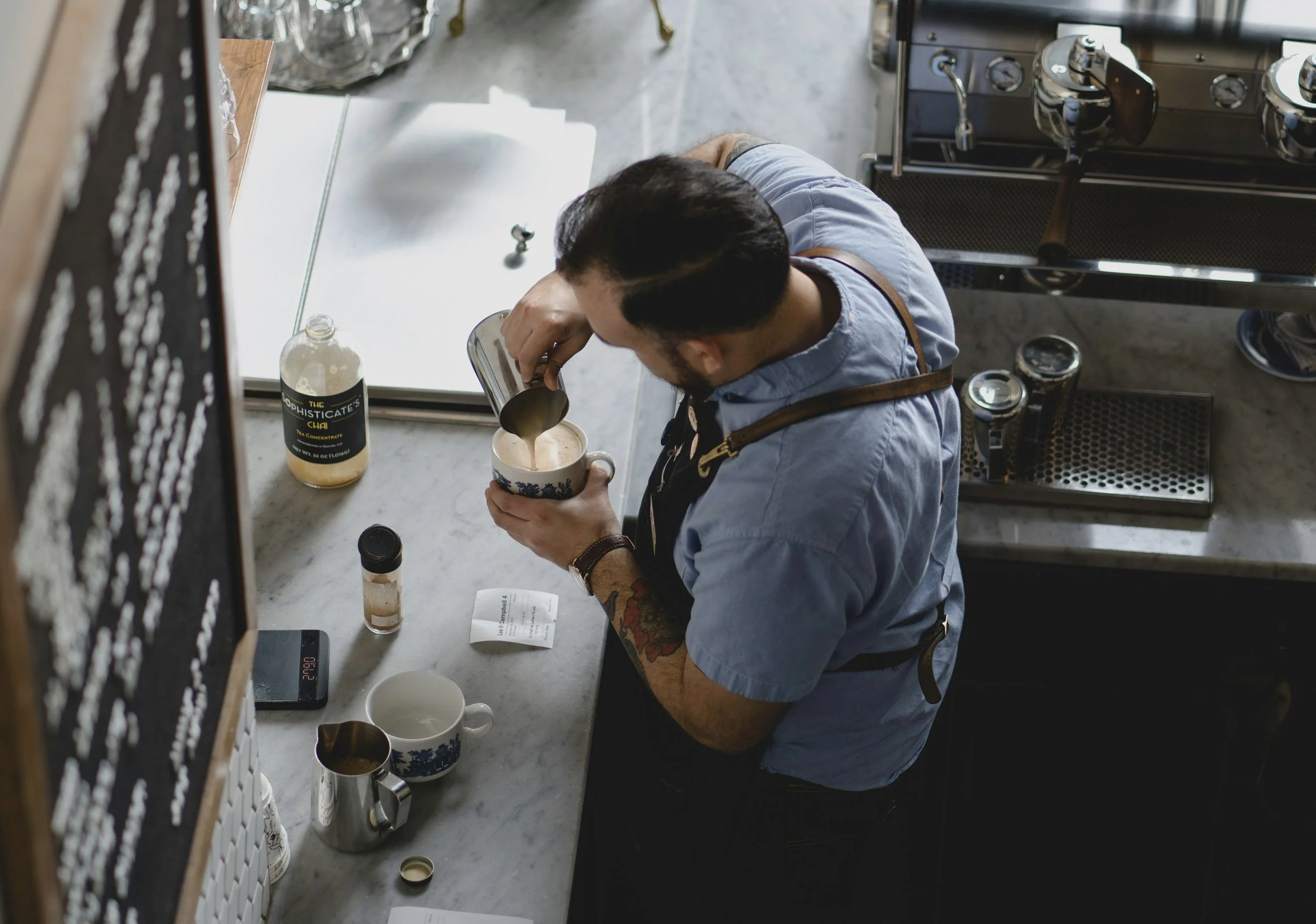What Actually Happens to Your Brain When You Drink Coffee
Let’s talk about your morning coffee ritual. You wake up, you brew a cup, and there you are. What happens then? Within minutes, caffeine begins blocking adenosine, a chemical that builds up in your brain and makes you feel drowsy. When adenosine is blocked, other neurotransmitters like dopamine and norepinephrine are free to rise. These are the ones that increase your alertness, lift your mood, sharpen your focus, and help you feel ready to take on the day.
Caffeine is the most widely consumed psychoactive substance in the world.
Those words come from neuroscientist Astrid Nehlig, and they capture how quietly powerful this little molecule is. It does not alter consciousness in dramatic ways, but it changes everything about how we feel when we open our eyes and start moving. Across every continent, in cities and villages, at dawn and in late-night cafes, coffee flows through our daily lives like a shared pulse.
It is legal, accessible, and embraced across cultures. Some societies wrap it in ceremony, others in convenience. Whether served in tiny porcelain cups or clutched in cardboard to-go containers, coffee holds a space that is both ordinary and sacred. It is a symbol of productivity, a comfort during hard times, a reason to pause with a friend or sit alone and think.
Caffeine also increases adrenaline levels, giving your system a mild surge of that fight or flight energy. This is part of why coffee can make you feel a little invincible before a big meeting or before heading out for a run. But it is also why too much can lead to jittery hands or a racing mind. Everyone has their own threshold. Some can sip espresso before bedtime and sleep like a baby. Others take a few sips after lunch and feel wired for hours. That difference in sensitivity is tied to how your liver breaks down caffeine, which is influenced by your genes.
Once in your body, caffeine has a half life of about five hours, meaning that if you drink a cup at two in the afternoon, half of that caffeine might still be active in your system by seven in the evening. This is why sleep experts often recommend cutting off coffee by early afternoon if you have trouble falling asleep. But then again, coffee drinkers are a diverse bunch. There are those who brew decaf late at night simply for the ritual. There are others who time their caffeine intake like athletes preparing for a race.
In the past, coffee was seen not just as stimulating but as subversive. In seventeenth-century England, coffeehouses became spaces for political thought, philosophical discussion, and the exchange of new ideas. One British king even tried to ban coffeehouses, fearing they encouraged rebellion. In the Ottoman Empire, people could be punished for consuming coffee because it was linked to gatherings that challenged authority. Despite this, or maybe because of it, coffee culture only spread faster.
Today, some people say they cannot function without it. That is not just a dramatic meme. The brain has adapted to expect coffee’s effects. Regular drinkers often feel slower, foggier, or even get headaches when they skip it. This is not necessarily addiction in the destructive sense, but it is a real dependence on a substance that changes brain chemistry. For many, that tradeoff is worth it.
And yet, coffee is not just about biochemistry. The act of preparing it and drinking it is a ritual layered with meaning. Whether you grind your own beans, wait patiently for a pour over to drip, or press a button on a single serve machine, you are engaging in a small but powerful moment of self-regulation. You are doing something familiar, something that signals the beginning of a day or a needed pause within it. That alone can calm the mind or inspire a second wind.
Writers have long turned to coffee for clarity and stamina.
Honoré de Balzac reportedly drank up to fifty cups a day while writing. He claimed that coffee gave him “savage inspiration” and helped him access an endless creative fire.
Beethoven was so particular that he counted sixty beans per cup. These may be extremes, but they reflect the way coffee has long fueled not just the body, but the imagination.
And maybe that is what makes it so timeless. It is not just the taste or the caffeine. It is the promise that this small moment will lead to something greater. It is the sense that whatever you are about to do, you are now ready for it. The first sip is a beginning. A transition from sleep to wakefulness, from inaction to movement, from thought to creation.
So the next time you say you cannot start your day without coffee, know that it is more than a craving. It is part of your rhythm. It is the chemistry of clarity, the habit of focus, and the warmth of ritual all in one.
Hope this makes you enjoy your next cup just a little bit more (:
- Zoé & The Greenhaus Team


